
What to Expect
Beginning the Application Process
Even if you don't know when or where, start the application! That let's us know you so we can help you figure out those other things!
Sign up for NON-099 which is a 0-credit training offered in the winter semester. Class meets one evening a week after spring break, and includes a 4-day Exit retreat. You'll have the opportunity to meet other prospective SMs, hear from previous SMs, and learn tips for when you are in the field.
Once you've finished your fundraising (we will help you), you're ready to go! While you may be the only student missionary at a location you are never truly alone. You'll have a group of people just like you all over the world and the SM Office with you along the way!
Student Missions
More Information on SAU Student Missions
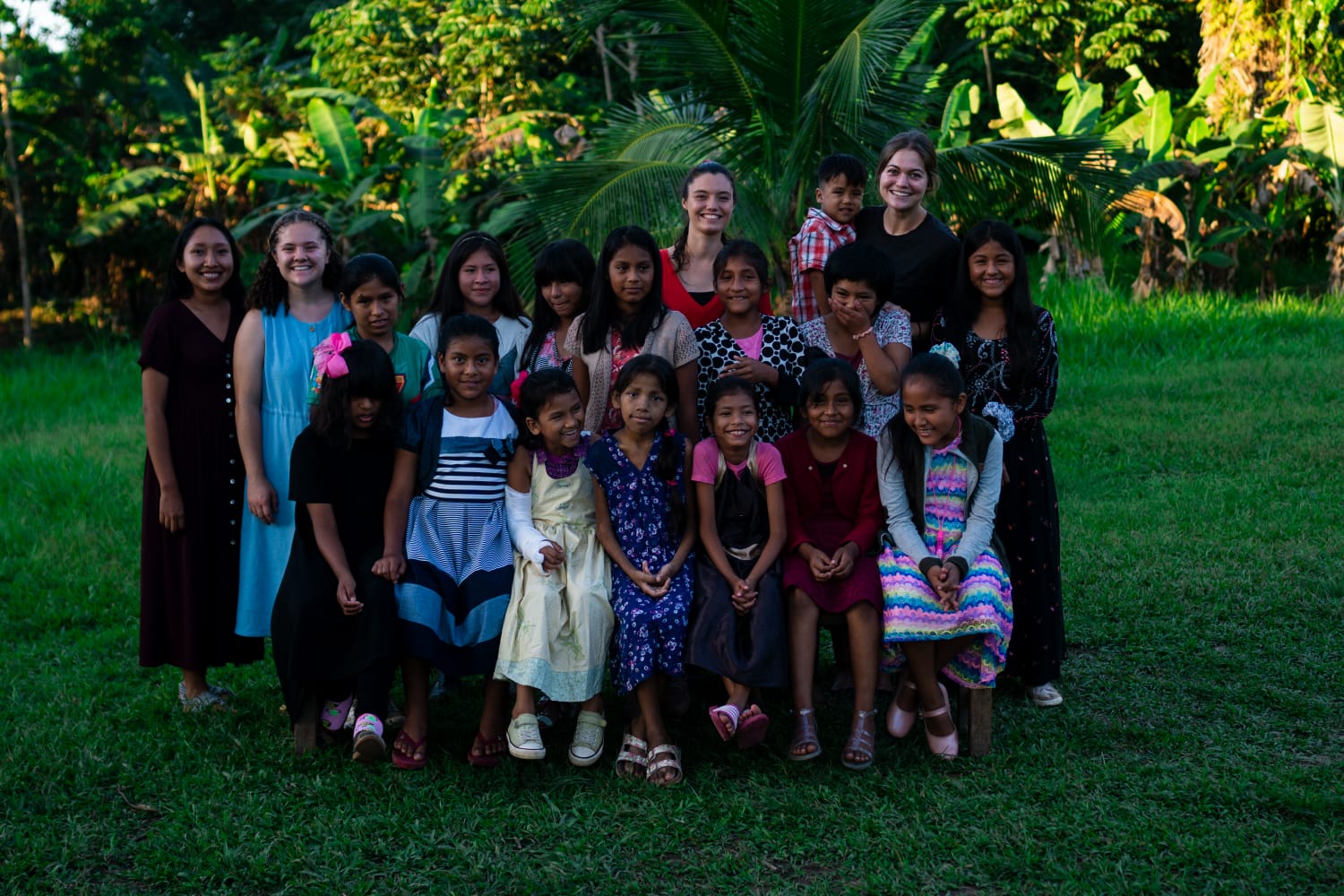
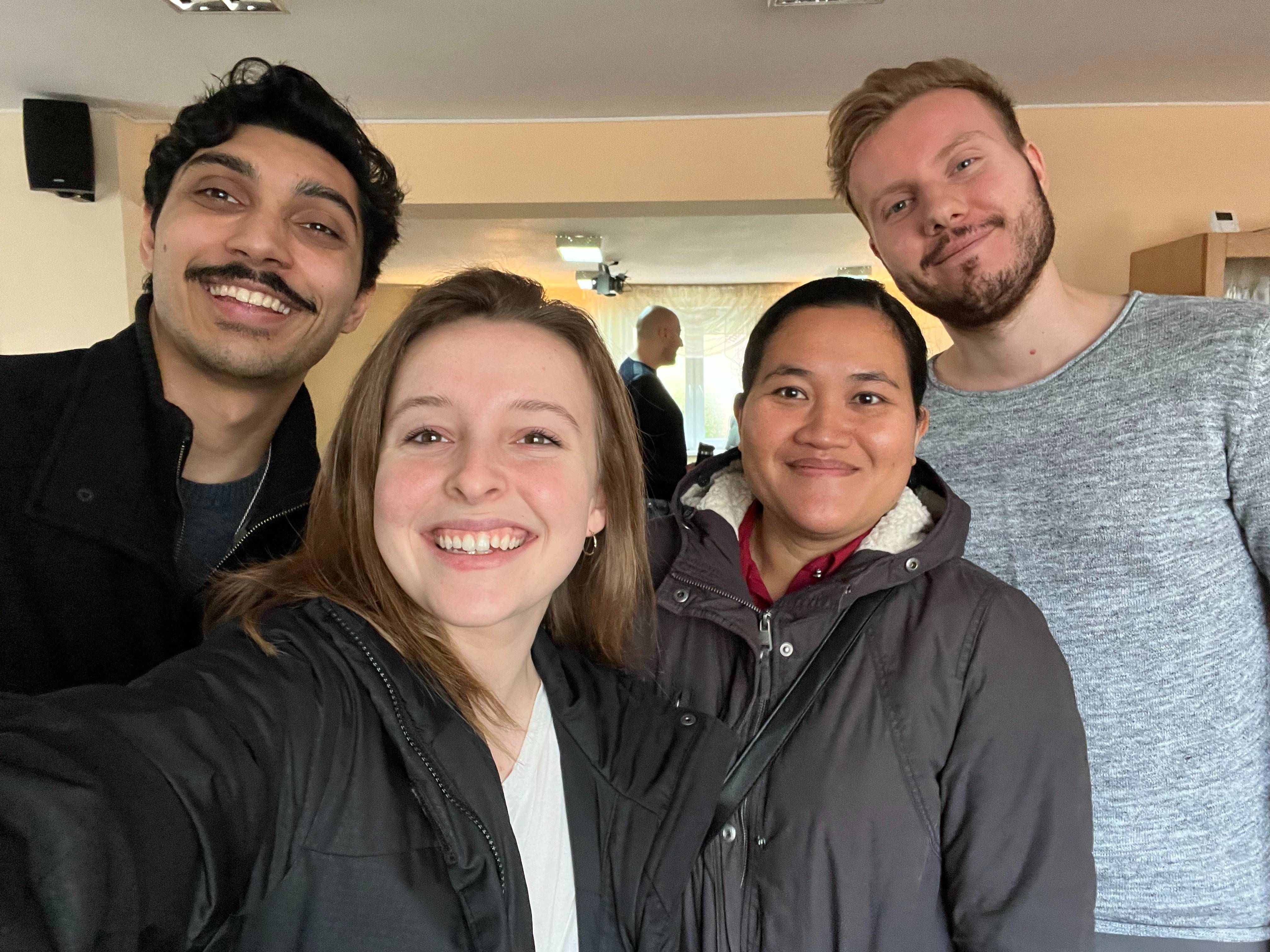
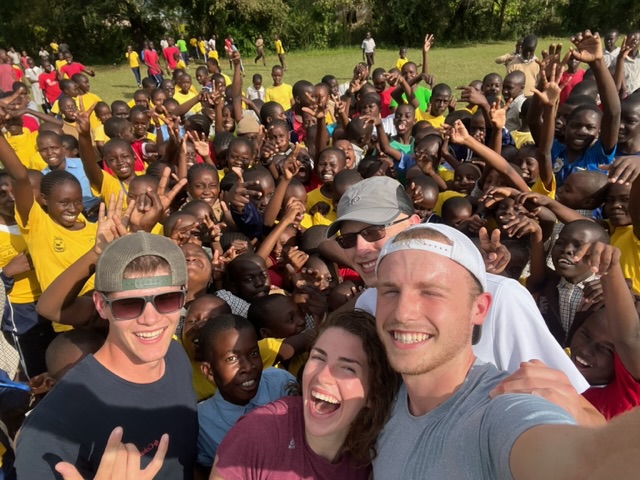
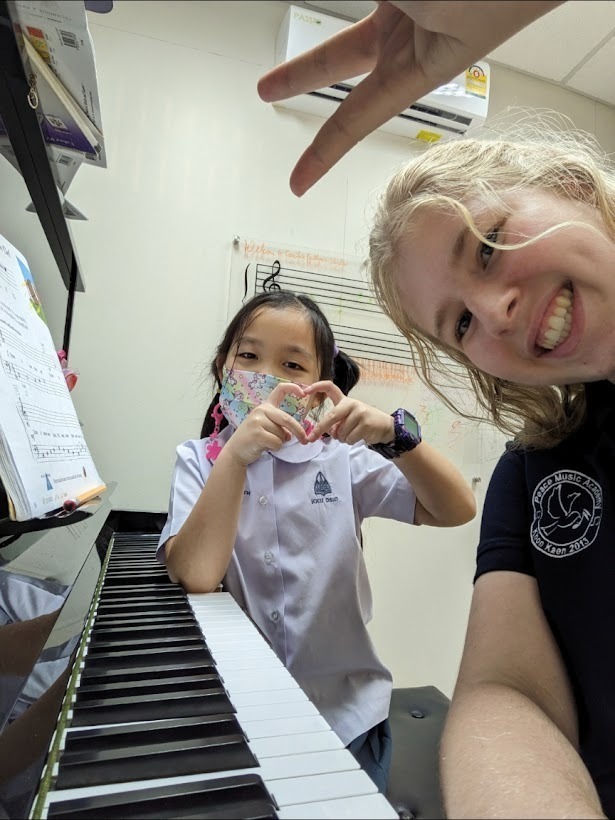
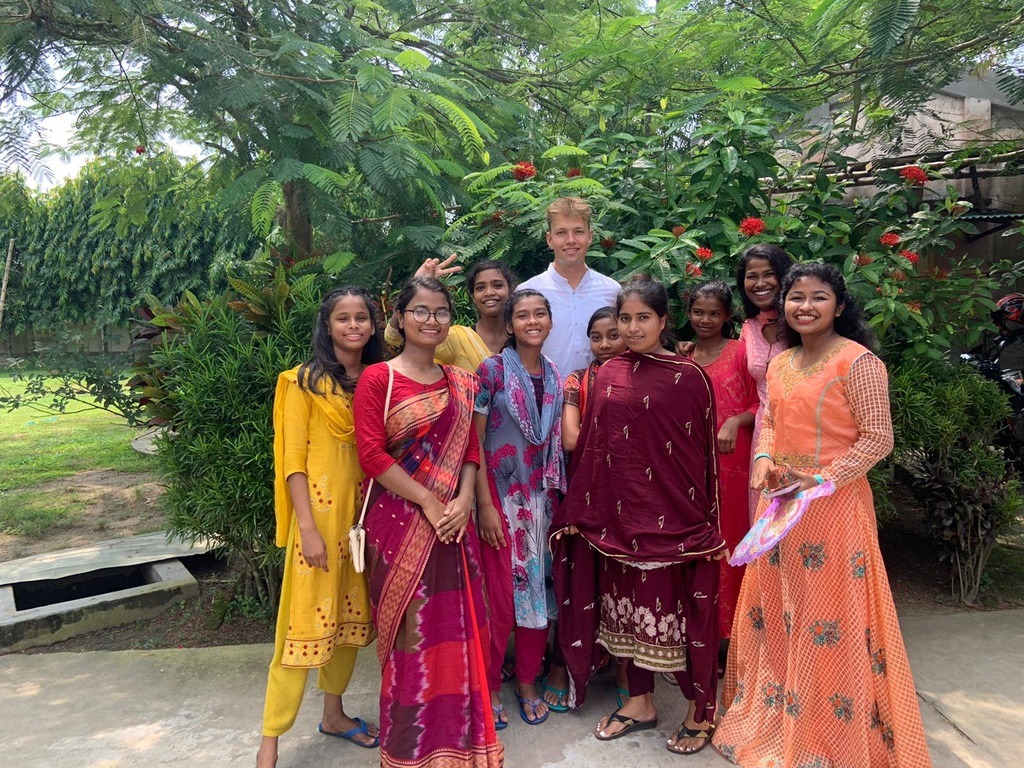
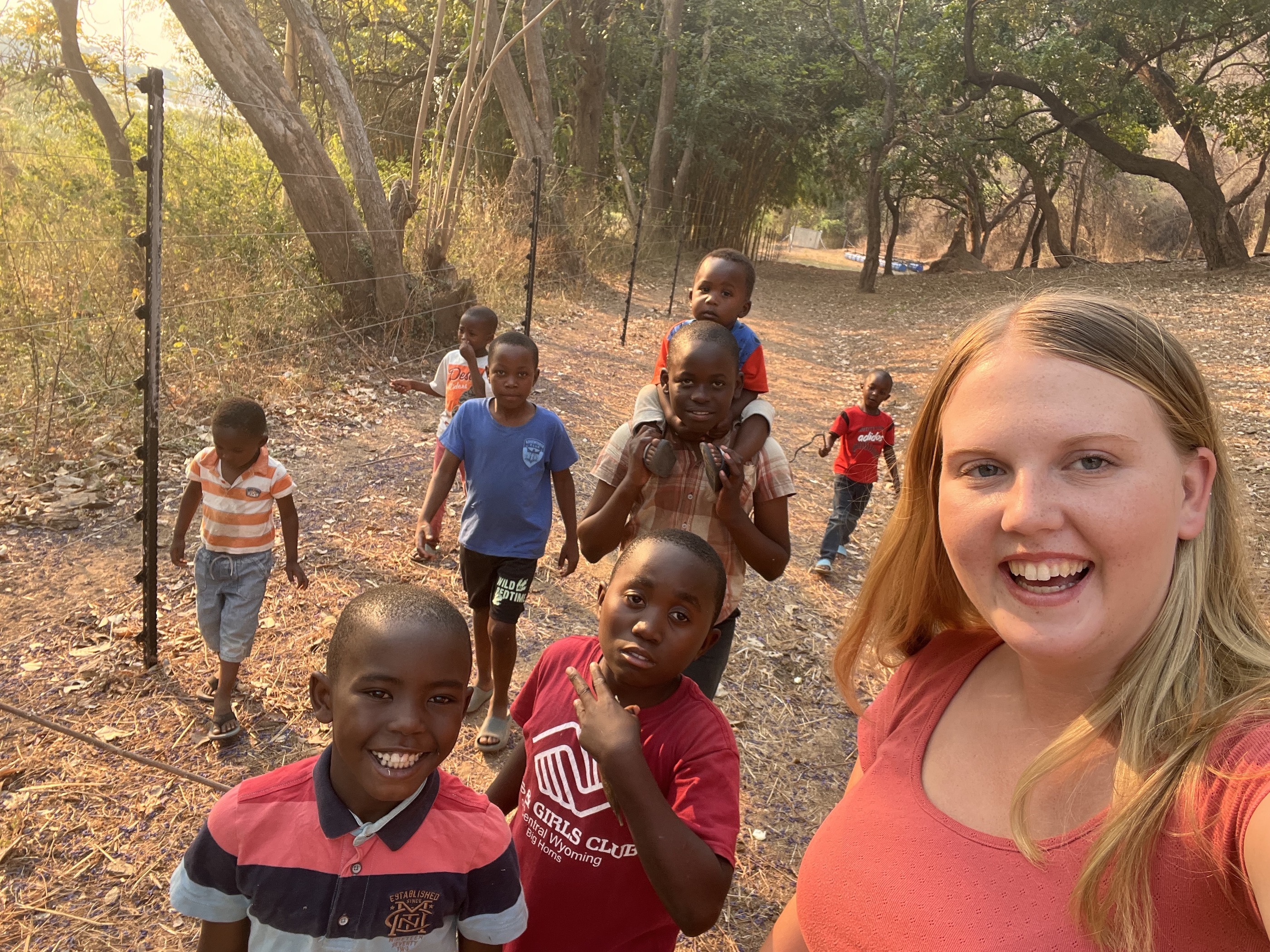
Frequent Questions
I want to be a student missionary. What do I do?
Is there any training involved?
Should I wait until I graduate before I become a student missionary?
What is the difference between a student missionary and task force worker?
Who can be a student missionary through Southern's Student Mission program?
What if I don't feel qualified to be an SM?
Do I get to choose my location?
How do I find a location to be a student missionary?
If you can't find the perfect opportunity - come talk to us and we'll discuss a few more available options not listed on our website.
What do I do when I find a place I want to serve?
What kinds of opportunities are available?
Will I need a passport and visa?
How do I get my ticket?
Can I go home for Christmas?
Can my parents visit during my time of service?
Will I be able to receive packages during my time of service?
How much should I fundraise to be a student missionary?
How do I qualify for a Student Missionary Scholarship?
Upon your return to Southern. you will receive up to $1,500 SM scholarship if you meet the following criteria:
- Before Serving ($250 If all steps below are completed)
- Complete all steps of the application process
- Attend all sessions of the NOND-099 Student Missions Orientation Class and fulfill all requirements
- Attend the Student Missions Exit Retreat in its entirety
- Attend and participate in the SM Dedication Vespers Program
- While Serving ($1000 if the following conditions are met)
- Spend at least 200 days in the mission field
- Honor your commitment to the “Dating Agreement”
- Complete the work assigned to you by your immediate supervisors
- Uphold a distinctly Seventh-day Adventist lifestyle
- Do not come under legitimate complaint or disciplinary action from sending organization, calling organization, or other relevant stakeholders
- After Serving ($1000 if the following conditions are met)
- Attend the Student Missions Re-entry Retreat in its entirety
- Complete a Re-Entry Interview
Transfer students and students who complete one semester of service (100 days of service required) are eligible to receive half of the SM scholarship described above. Students who attend and then leave Southern for gap year experiences but do not go through the official SM Program are not eligible for a scholarship upon return.
What if I have loans that need to be deferred?
Once a student has graduated with a bachelor's degree the 6-credit courses are no longer available to them. If requested, we will provide a letter to the student that they can give to their loan company. This letter will explain that the student is going to serve and ask the loan company to provide whatever assistance is requested by that student. We cannot guarantee the loan company will be gracious and defer the loan repayments, but most graduates have had good success with their requests.
What about safety?
What if there is an emergency?
What about insurance?
All student missionaries will be insured through Adventist Risk Management or a comparable plan that meets or exceeds ARM standards. ARM provides us with an insurance package that includes:
- Accident and illness insurance (this policy does not cover pre-existing conditions or routine medical care)
- Personal loss insurance (e.g. stolen laptop)
- A small life insurance policy
Interested?
Start your application or schedule an appointment to learn more